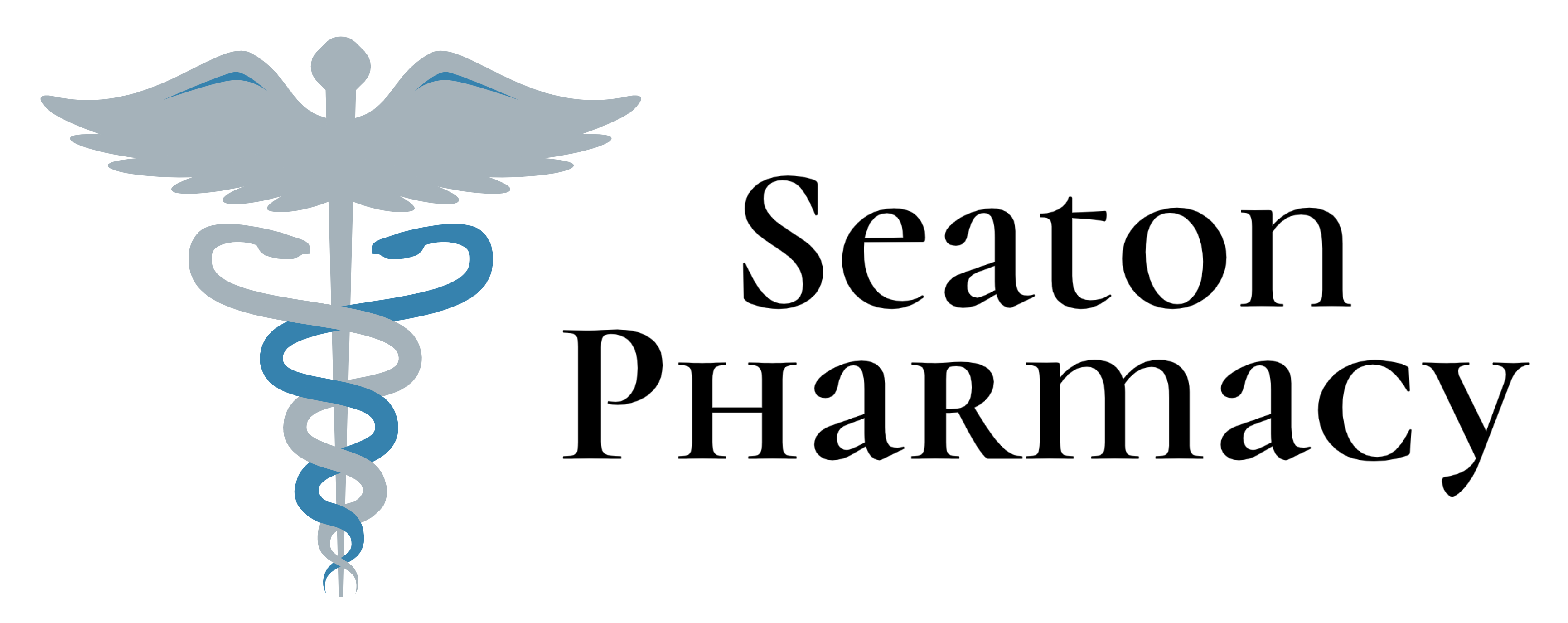Shingles is a painful viral infection caused by the reactivation of the varicella-zoster virus, the same virus responsible for chickenpox. While shingles can affect anyone who has had chickenpox, the risk is significantly higher in those with a weakened immune system. If you have a medical condition or are undergoing treatments that lower your immunity, you may be wondering about your shingles vaccine eligibility and whether it is safe for you.
At Seaton Pharmacy, we provide expert guidance on shingles prevention, vaccination options, and symptom management for those who may be immunocompromised. In this article, we will explore who can and cannot receive the shingles vaccine, why Shingrix is now recommended for immunocompromised individuals, and how you can protect yourself if you are not eligible for the vaccine.
Who Can and Cannot Receive the Shingles Vaccine?
The UK currently offers two types of shingles vaccines: Shingrix and Zostavax. While Zostavax was traditionally used for shingles prevention, Shingrix has become the preferred option due to its higher efficacy and suitability for immunocompromised individuals.

Who CAN Get the Shingles Vaccine?
✅ People aged 50 and over (Shingrix is recommended, especially for those with weakened immune systems).
✅ Individuals aged 18 and over with a weakened immune system due to certain medical conditions or treatments.
✅ People with HIV, autoimmune conditions, or undergoing chemotherapy or radiotherapy (Shingrix is the safer choice).
✅ Those who have previously had shingles—vaccination can prevent future outbreaks.
Who CANNOT Get the Shingles Vaccine?
❌ Individuals who have had a severe allergic reaction to any component of the vaccine.
❌ Pregnant women (vaccination should be postponed until after pregnancy).
❌ Those who are severely immunocompromised and unable to develop a proper immune response.
❌ Patients undergoing bone marrow or organ transplants, unless advised by their doctor.
If you are unsure whether you qualify for the vaccine, Seaton Pharmacy can provide guidance on your shingles vaccine eligibility based on your medical history and current health status.
Why Is the Shingrix Vaccine Recommended for Immunocompromised Individuals?
The introduction of the Shingrix vaccine has changed how shingles is prevented, particularly in immunocompromised patients. Unlike Zostavax, which is a live vaccine, Shingrix is a non-live recombinant vaccine, making it safer and more effective for individuals with a weakened immune system.
The benefits of Shingrix include
Higher effectiveness: Provides over 90% protection against shingles, even in those with weakened immunity.
Long-lasting protection: Offers stronger and longer immunity than Zostavax.
Safe for immunocompromised patients: Since it does not contain a live virus, it does not pose a risk of causing shingles in those with low immunity.
The NHS now routinely offers Shingrix to adults with weakened immune systems who meet specific criteria. If you do not qualify for an NHS vaccine, private vaccination may still be an option at Seaton Pharmacy.
How to Protect Yourself If You Cannot Get the Shingles Vaccine
If you are not eligible for the shingles vaccine due to your health condition, there are other ways to lower your risk of developing shingles:
1. Strengthen Your Immune System
Maintain a healthy diet rich in vitamins C and D, which support immunity.
Stay physically active with light exercise, such as walking or yoga, to boost overall health.
Get enough sleep and manage stress, as stress weakens the immune system and can trigger shingles.
2. Avoid Close Contact with People Who Have Chickenpox or Shingles
If you have never had chickenpox, exposure to someone with shingles could lead to infection.
Avoid direct contact with the shingles rash, as the virus can spread through open blisters.
3. Monitor for Early Signs of Shingles
If you experience burning pain, tingling, or a rash, seek medical attention immediately.
Early antiviral treatment can reduce the severity and duration of shingles.

How to Ease Symptoms If You Get Shingles
If you develop shingles, early treatment is crucial in reducing pain and preventing complications like postherpetic neuralgia (long-term nerve pain). The Pharmacy First scheme allows you to get professional advice and treatment without needing a GP appointment.
At Seaton Pharmacy, we can help you manage shingles with:
1. Antiviral Medication
Aciclovir, Valaciclovir, or Famciclovir can shorten the duration of shingles if taken within 72 hours of symptom onset.
2. Pain Relief
Paracetamol or ibuprofen can help reduce pain and fever.
Lidocaine patches or numbing creams can be applied directly to affected areas.
Antihistamines may be recommended to relieve itching.
3. Skincare Advice
Keep the rash clean and dry to prevent secondary infections.
Apply calamine lotion to soothe itching.
Wear loose-fitting clothing to avoid irritating the skin.
Should You Get the Shingles Vaccine?
If you have a weakened immune system, you are at greater risk of developing severe shingles. The Shingrix vaccine provides a safe and highly effective way to prevent shingles, particularly for those who cannot receive live vaccines like Zostavax. If you are eligible, getting vaccinated is the best step towards protecting yourself.
For those who cannot receive the vaccine, following preventative measures and seeking early treatment through the Pharmacy First scheme can help manage symptoms effectively.
At Seaton Pharmacy, we offer expert advice on shingles vaccine eligibility and symptom relief treatments. If you’re unsure whether you qualify for the vaccine or need support with shingles management, contact us today to discuss your options and protect your health.

This blog was written on behalf of Seaton Pharmacy by Pharmacy Mentor.

